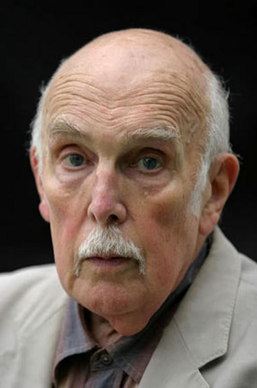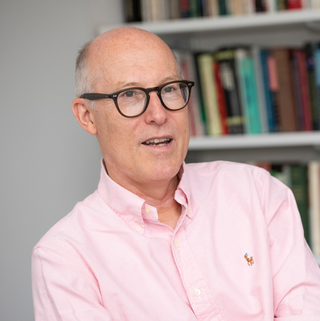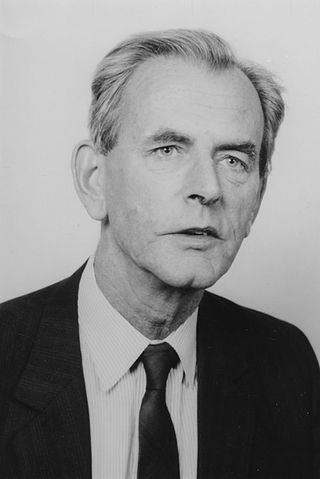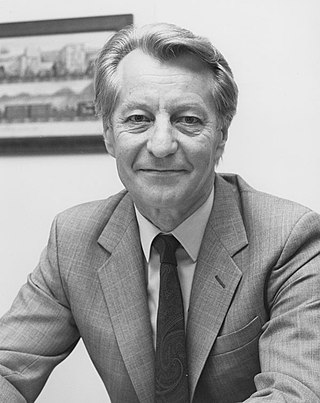Related Research Articles

The London School of Economics and Political Science (LSE) is a public research university located in London, England, and a constituent college of the federal University of London. Founded in 1895 by Fabian Society members Sidney Webb, Beatrice Webb, Graham Wallas, and George Bernard Shaw, LSE joined the University of London in 1900 and established its first degree courses under the auspices of the university in 1901. LSE began awarding its degrees in its own name in 2008, prior to which it awarded degrees of the University of London. It became a university in its own right within the University of London in 2022.

Sir Bernard Rowland Crick was a British political theorist and democratic socialist whose views can be summarised as "politics is ethics done in public". He sought to arrive at a "politics of action", as opposed to a "politics of thought" or of ideology, and he held that "political power is power in the subjunctive mood." He was a leading critic of behaviouralism.

Social policy is a plan or action of government or institutional agencies which aim to improve or reform society.
David Jonathan Andrew Held was a British political scientist who specialised in political theory and international relations. He held a joint appointment as Professor of Politics and International Relations, and was Master of University College, at Durham University until his death. He was also a visiting Professor of Political Science at Libera Università Internazionale degli Studi Sociali Guido Carli. Previously he was the Graham Wallas chair of Political Science and the co-director of the Centre for the Study of Global Governance at the London School of Economics.

Richard Morris Titmuss (1907–1973) was a pioneering British social researcher and teacher. He founded the academic discipline of social administration and held the founding chair in the subject at the London School of Economics.

Sir Julian Ernest Michael Le Grand, FBA is a British academic specialising in public policy. He is the Richard Titmuss Professor of Social Policy at the London School of Economics (LSE) and was a senior policy advisor to former Prime Minister Tony Blair.

Sir Stephen John Nickell, is a British economist and former warden of Nuffield College, Oxford, noted for his work in labour economics with Richard Layard and Richard Jackman. Nickell and Layard hypothesised the tendency for reduced unemployment to lead to inflation resulted from its effect on competitive bargaining in the labour market He is currently a member of the Office for Budget Responsibility's Budget Responsibility Committee.

Sir Timothy John Besley, is a British academic economist who is the School Professor of Economics and Political Science and Sir W. Arthur Lewis Professor of Development Economics at the London School of Economics (LSE).
Rodney Barker is a British academic and political commentator. He was Professor of Government at the London School of Economics and Political Science and was Professor of Rhetoric at Gresham College in London from September 2006 to September 2009. He is married to the medical sociologist Helen Roberts.

The Social Policy Association (SPA) is the United Kingdom's professional association for teachers, researchers, students and practitioners of social policy. It works to promote the discipline, encourage public awareness of social policy research, liaise with relevant public bodies and higher education institutions, and facilitate the impact of research on public debates and social policy.

Sir Ian David Diamond is a British statistician, academic, and administrator, who served as Principal and Vice-Chancellor of the University of Aberdeen until 2018. He became the UK's National Statistician in October 2019.
Sir John Robert Hills, was a British academic, latterly professor of Social Policy at the London School of Economics. He acted as director of the ESRC Research Centre for the Analysis of Social Exclusion from 1997. His work focused on inequality, and the role of social policy over the life course.

Brian Abel-Smith was a British economist and expert adviser and one of the most influential figures of the twentieth century in shaping health and social welfare. In Britain, his research for the Guillebaud committee in 1956 proved that the NHS provided extremely good value for money and deserved more investment. From the 1960s he was one of a new breed of special advisers to Labour government ministers – helping Richard Crossman, Barbara Castle and David Ennals to reconfigure the NHS, set up Resource Allocation Working Party, and the Black Inquiry into Health Inequalities. Internationally, he steered the development of health services in over 50 countries. He was a key WHO and EEC adviser, intimately involved in setting the agenda for global campaigns such as Health for All by the year 2000.
The Department of Social Policy at the London School of Economics is the UK's oldest and most prestigious academic centre for the study and research of social policy. It hosts and contributes to over ten different research centres including the Centre for the Analysis of Social Exclusion, LSE Health and Social Care and the Mannheim Centre for Criminology. Additionally it is home to the British Society for Population Studies. Notable current faculty members include Paul Dolan, Sir John Hills, Martin Knapp, Julian Le Grand, Elias Mossialos, Eileen Munro, Tim Newburn, David Piachaud and Anne West. Former faculty members include William Beveridge, Richard Titmuss, Peter Townsend and Augustus Nuwagaba.
Catherine MacIntoch "Kay" Carmichael was an influential figure in Scottish politics and an activist against nuclear submarines in Scotland.

Robert Arthur Pinker was a British sociologist and press regulator.
The Greater London Group was a research centre at the London School of Economics that was created in 1958 and focused on issues of London government. It has been recognised as having had a significant impact during the 1960s and upon the creation of the Greater London Council in 1965.

Derek Robin Diamond (1933–2015) was an applied geographer and academic. He was Professor of Geography at the London School of Economics between 1982 and 1995, and was a specialist in urban and regional planning.
Brinley Thomas, CBE, FBA was a Welsh economist. He was Professor of Economics and Social Sciences at University College, Cardiff, from 1946 to 1973.
References
- 1 2 3 "Donnison, David Vernon", Who's Who (online edition, Oxford University Press, December 2017). Retrieved 4 June 2018.
- 1 2 3 4 5 6 7 8 9 Howard Glennerster, "David Donnison obituary", The Guardian, 20 May 2018. Retrieved 4 June 2018.
- ↑ "Donnison, (Frank Siegfriend) Vernon", Who Was Who (online edition, Oxford University Press, December 2007). Retrieved 4 June 2018.
- 1 2 3 4 5 6 7 8 9 10 Duncan MacLennan and David Webster, "David Donnison, social policy expert whose research into poverty changed the lives of many", The Scotsman, 11 May 2018. Retrieved 4 June 2018.
- ↑ "Obituaries: David Donnison (C2 1940–43)", Old Marlburian Club, 22 May 2018. Retrieved 4 June 2018.
- ↑ The Social Policy Association Annual Awards: List of Past Winners (Microsoft Word document format) (Social Policy Association, 2016). Retrieved 3 June 2018.